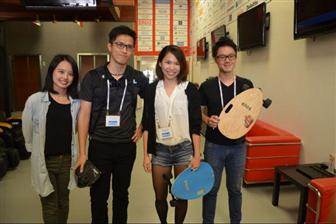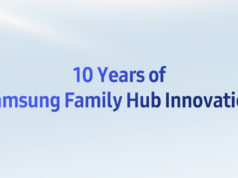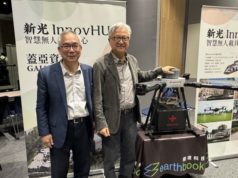
- Register
- Login
33°C
- Article
- . (0)
- Related content
Plug and Play Tech Center, claimed as the world’s biggest startup accelerator and most active venture capitalist based in the Silicon Valley, is studying the feasibility of setting up a branch office in Taiwan and will soon send specialists to the country to solicit corporate members, in the hope of duplicating its win-win operating mode in Taiwan, according to company sources.
Plug and Play now supports a wide variety of startup teams, such as those in the Internet of Things (IoT), FinTech, medical care, supply chains, new energy, new materials, and logistics sectors, among others. It has attracted existing financial holding companies, computer makers, and software firms worldwide to become the company’s corporate partners by paying membership fees, so that they can get sufficient information on undisclosed tech teams and startups as investment targets, the sources said.
As startup accelerators usually offer free mentors and startup-experiment places to innovation teams from around the world, many innovation entrepreneurs are quite eager to join accelerator programs, said Shawn Dehpanah, Plug and Play’s vice president of business development in Asia Pacific.
Taiwan’s electronics industry is actively developing AI (artificial intelligence), autonomous cars, FinTech and smart medical care, prompting Plug and Play to come to Taiwan to gauge whether Taiwan’s electronics makers are willing to become its corporate partners.
Friendly environment for innovation startups
The Taiwan government is moving to create a friendly environment for the development of next-generation innovative industries and accelerate the establishment of innovation startups, by relaxing related regulations and rendering financial and technical supports. Over the past three years, with financial backing from Taiwan’s Ministry of Science and Technology, the Taiwan Innovation and Entrepreneurship Center under the government-funded Industrial Technology Research Institute (ITRI) has selected dozens of innovation startups to receive three-month training offered by leading accelerators in Silicon Valley, including 500 Startups, Y Combinator, and Plug and Play, according to Taiwan science officials stationed there.
The officials said that the three-month training programs offered by accelerators are mainly designed to help innovation startups find out feasible commercial operation modes, rather than breaking through technical bottlenecks that are hard to be tackled within three months.
The officials continued that after paying an annual membership fee of over US$200,000, any company can enter accelerators to solicit startup talent or locate acquisition targets. On another front, accelerators can also move to invest in startups with great development potentials, and then wait to enjoy substantial investment returns after the invested startups are acquired or launch IPOs (initial public offerings). Accordingly, startup accelerators, though offering free mentors and office space to startups, can seek benefits in multiple ways.
Some Taiwan startups based in the Silicon Valley disclosed that innovation startups can hardly solicit investments from Taiwan enterprises, forcing them to seek investors in the Silicon Valley. They continued that quite a few tech unicorns in the US are not those startups with best technical or commercial capabilities, but those capable of securing constant financial support from investors, so that they can afford trials and errors before achieving the final successes.

Young startup talent from Taiwan
Photo: Taiwan’s Ministry of Science and Technology



- China AMOLED panel capacity expansion forecast, 2016-2020
This Digitimes Research Special Report examines the China AMOLED industry, focusing on the expansion capacity of the makers, the current implementation plans of major smartphone vendors in the market and the technological hurdles faced by the China makers.
- Taiwan server shipment forecast and industry analysis, 2017
Digitimes Research estimates that revenues from sales of server motherboards, servers, storage systems and related network system equipment by Taiwan-based vendors reached NT$555.8 billion in 2016 and the amount is estimated to grow 5.9% on year in 2017.
- Global notebook shipment forecast, 2017 and beyond
This Digitimes Special Report examines key factors in the notebook industry, including products, vendors and ODMs, that will affect total shipments in 2017 and through 2021.








